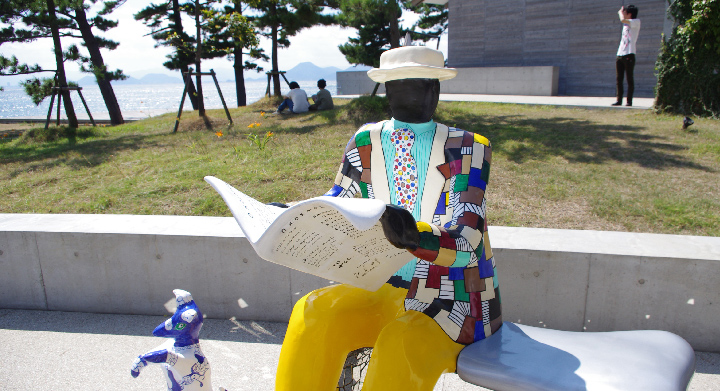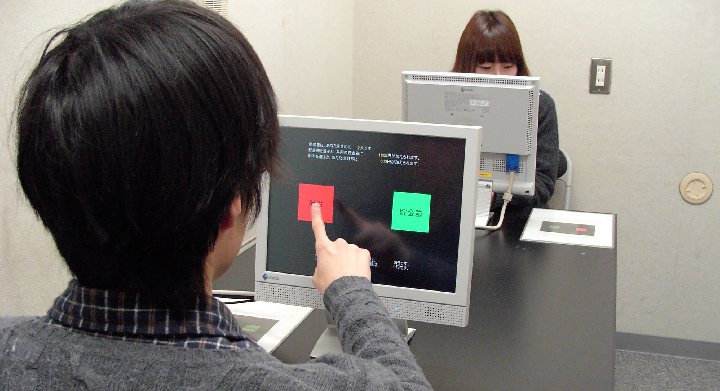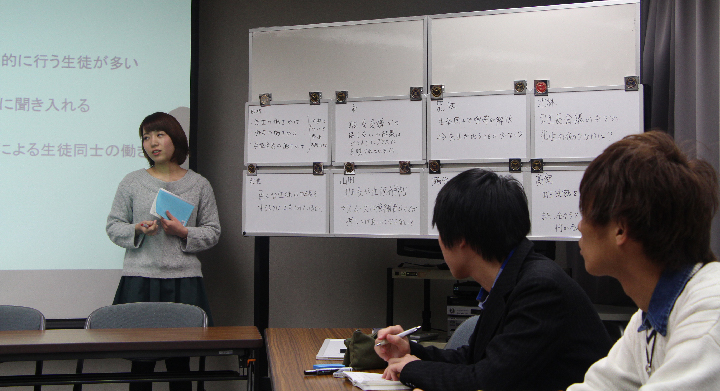Department of Philosophy and History
The goal of this department is to clarify the structure and development of human society and culture and to discover the state of humankind within history and culture. While the methodologies in philosophy and history differ, the distinguished feature of this department is that it integrates these two fields that form the basis of human cultural studies. The education and research system adopted by this department merges a philosophical perspective with a historical one; these two perspectives form the basic axes for understanding humankind. In the rapidly changing currents of our age, courses in this department will help develop an understanding of the essence of human society and its culture, its universal values and further its changes. The courses will further cultivate cultured professionals with a wide scope of knowledge as well as researchers with a deep knowledge of their fields of specialization and the ability to widen their perspectives to other related fields. This department consists of the following courses based on academic focus and research methodologies: Philosophy, Japanese History, Asian History, and Western History.
Department of Human Behavioral Sciences
Research and education conducted in this department aim towards a comprehensive and interdisciplinary understanding of the special qualities of human behavior and the relationship of human beings to societies and cultures in light of the various problems faced by modern society, such as educational issues and cultural conflict. The work in this department emphasizes analysis, understanding and theorization based on empirical data and behavioral science methodologies such as fieldwork and experiments. By requiring students to gain an understanding of empirical research methodologies in the behavioral sciences, this department aims to help students develop their abilities to objectively observe real people and societies. Courses in this department will cultivate individuals suited not only to research professions at universities and research institutes but equipped with a high level of professional knowledge and expertise in the fields of education and welfare as well as the information industry and government offices. This department consists of the following courses based on academic focus and research methodologies: Sociology, Psychology, Education, and Geography.
Department of Language and Culture
This department aims to fundamentally explore – through language – the entire spectrum of cultural phenomena related to language, in other words, language, literature, culture and other related fields. As a new field of expertise able to answer to the cultural conditions of the modern age that bridges across various regions, courses in this department will realize education and research suited to an urban, information-oriented, global age by further adding the fields of Applied Linguistics and Culture as Representation in addition to the basic fields of study characterized by country and language. Western classics and languages are also included in the department in order to cultivate a wider perspective on the world in addition to the core knowledge shared by all courses in the department. Courses in this department aim towards a comprehensive study of language and culture with an emphasis on the mutual relationship between various fields of study. At the same time, these courses will cultivate individuals with a sharp sense of language and language application skills, equipped with the ability to act in a global society. This department consists of the following courses based on academic focus and research methodologies: Japanese Language and Literature, Chinese Linguistics and Sinology, English and American Language and Literature, German and French Language and Literature, Applied Linguistics, and Culture as Representation.



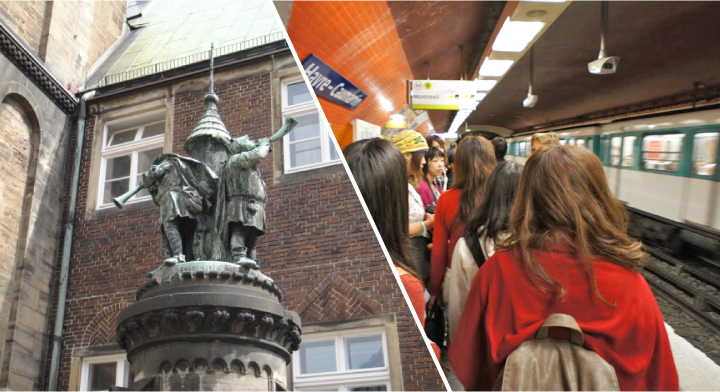
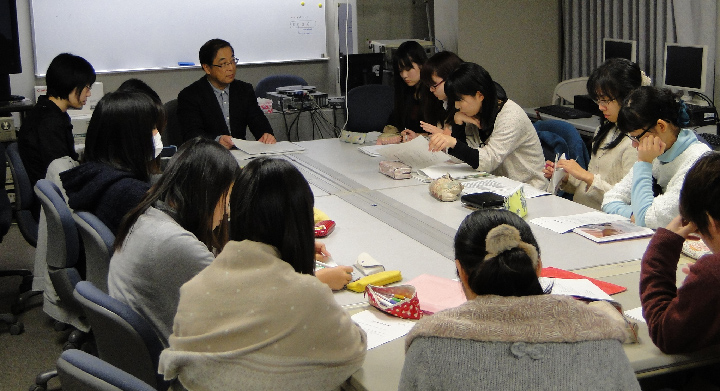
Department of Cultural Management
Culture cultivates a richness in humanity by fostering creativity and sensibility, creates new values for future societies, and it forms the basis of a “convivial” society by promoting mutual understanding and empathy between people with different cultural backgrounds. The three courses under the Department of Cultural Management employ distinct approaches specific to the scope of each course in order to proactively research cultural phenomena that are often neglected by traditional academic disciplines, thereby nurturing a deep understanding and analytical capabilities with regard to culture, which is a requirement of modern society. In addition to promoting strict academic research and cultivating talented scholars, based on deep insights into culture, this department trains graduate students who will be responsible for addressing the complex issues of modern society and contribute to our advanced 21st-century society through exploring and exploiting the transformative potential of diverse cultural phenomena within society. The Department of Cultural Management has three major areas of education and research: the exploration of new cultural representations, the promotion of “convivial” cultural coexistence in the era of globalization, and the utilization of cultural resources to lead economic development. Through education and research in these areas, the department aims to developing cultures that can thrive in advance 21st-century societies. The department is comprised of three courses: Culture and Representation, Asian Culture, and Cultural Resources.

